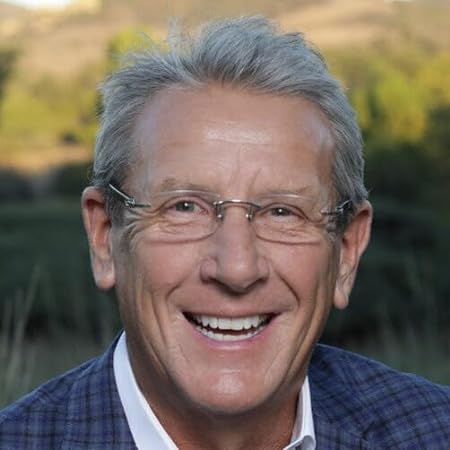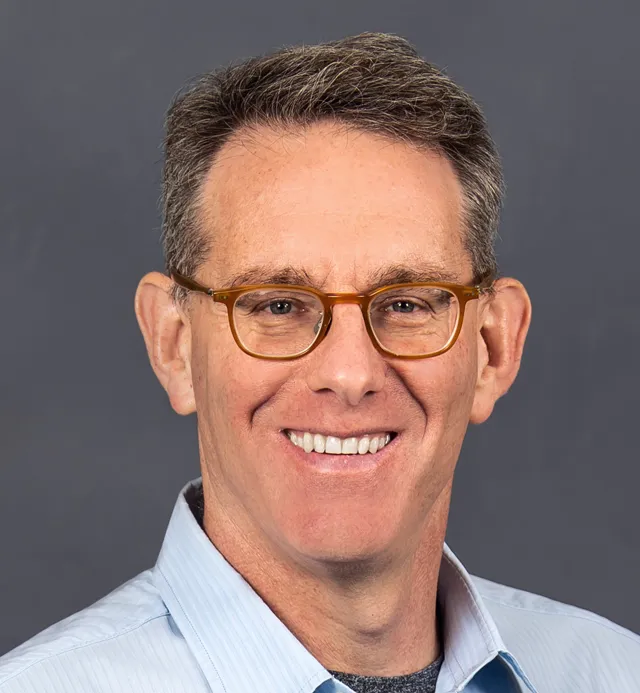
Craig Rosenberg is a Chief Platform Officer at Scale Venture Partners where he helps over 50 portfolio companies build go-to-market machines. He co-founded and was a Chief Analyst at TOPO, which really defined the sales tech space. That company was acquired by Gartner where Craig was one of the leaders in the sales practice.
Key Takeaways
(07:55-16:33) Craig Rosenberg's Guide to B2B Success
(16:33-26:03) Craig Rosenberg on Trusted Content and Engagement
(26:03-32:40) The New Age of Interactive Product Tours
(32:40-40:00) Crafting Content Hubs for Diverse Learners
(40:00-47:11) Navigating the Maze of Sales Engagement
📱 Apple Podcasts | 🎧 Spotify | 🔗 iHeart
A Deep Dive into B2B Content Evolution
Craig Rosenberg recounts his early days in thought leadership, beginning around 2008 when marketing automation platforms like Marketo, Eloqua, and HubSpot were on the rise. He talks about his venture into blogging with "Funnelholic," which led to speaking engagements and webinars, positioning him as a thought leader almost by accident. This period marked the beginning of content being used strategically by companies to establish themselves as leaders in their field.
Fast forward to the present, Craig Rosenberg highlights that while the tools and platforms have evolved, the core strategy remains relevant: producing significant, impactful content. In a world saturated with information, Craig emphasizes the need for depth and substance in content to cut through the noise. He warns against relying on generic, formulaic content and stresses the importance of originality and quality.
1. Craig Rosenberg's Guide to B2B Success
Craig Rosenberg emphasizes the importance of delivering substantial, actionable content. He recalls the founding principle of TOPO, "specificity wins," which focused on providing detailed, practical insights rather than vague tips. This approach made their content valuable and set them apart in the industry.
In a world where generic advice is easily accessible, Craig Rosenberg argues that specificity is a key differentiator. While general tips can be found everywhere, providing precise, actionable information on niche topics can make your content stand out. This strategy is crucial in capturing the attention of a target audience looking for in-depth knowledge.
Craig Rosenberg highlights the importance of adapting content formats to meet diverse audience preferences. From webinars to white papers, videos, and visually appealing experiences, offering a variety of formats ensures that different learning styles and preferences are catered to. This approach not only enhances engagement but also broadens the reach of your content.
Craig Rosenberg points out that LinkedIn is currently a powerful platform for content distribution. Founders and companies with minimal marketing budgets can leverage LinkedIn to build substantial followings and drive traffic to their websites. Consistent, high-quality content on LinkedIn can significantly boost visibility and credibility.
In today's content-saturated world, it's crucial to focus on areas with the most significant opportunities and changes. Craig advises concentrating on topics where your target audience seeks more information and faces the biggest challenges. By addressing these areas with specific, trustworthy content, you can effectively cut through the noise.
There were a lot of reasons TOPO worked. One of them was Scott Alba who was the founder of Tippett as well. We founded TOPO together and he had this thing which was from the get-go. We had a motto which was “specificity wins”, and he said that's how we're going to differentiate. (Craig Rosenberg)
2. Craig Rosenberg on Trusted Content and Engagement
Craig Rosenberg discusses the enduring importance of specificity and relevance in content. He emphasizes that while shorter, high-level tips are prevalent, they often lack the depth required to build trust. Specific, detailed content, although more challenging to produce, provides the value that audiences seek.
Craig Rosenberg explains why traditional content formats, like PDFs and PowerPoint presentations, continue to persist. These formats offer a sense of permanence and trustworthiness. However, he also highlights the need for visually appealing and engaging digital content that can cater to different consumption habits. Craig Rosenberg points out that dense, information-rich content still holds value, especially in research-driven fields.
Craig Rosenberg introduces the concept of a paradox in content consumption. While dense, detailed content is crucial for building trust and providing comprehensive information, not all audiences will engage with it deeply. For example, sales datasheets are often requested and trusted but rarely read in detail. Instead, people may prefer explainer videos or other quick-reference materials. The key is to offer both detailed content for reference and more engaging formats for immediate consumption.
3. The New Age of Interactive Product Tours
The speakers delve into the evolution of product demos in the sales process. They discuss how traditional, often tedious, demos are being replaced by engaging, interactive product tours. These new tools help sales reps present relevant product features without needing extensive knowledge of every detail. By using automation and interactive elements, companies can tailor demos to address specific customer challenges more effectively.
4. Crafting Content Hubs for Diverse Learners
The speakers discuss how to create content that works for different kinds of learners in sales and marketing. They talk about the idea of a "content hub" that offers various types of information to meet everyone's needs without overwhelming them.
They explore the challenges of catering to different learning styles. Some people prefer detailed datasheets, while others, who might have shorter attention spans, like quick, engaging content snippets. They emphasize the importance of providing enough information without causing overload. Using technology to create adaptive content hubs is key. Digital sales rooms can learn from user interactions and adjust the content accordingly. Alex Shevelenko and Craig Rosenberg agree that it's best to start with a small, relevant set of content and expand based on user feedback and engagement. This prevents overwhelming new users with too much information at once.
5. Navigating the Maze of Sales Engagement
Alex Shevelenko begins by challenging the term "sales engagement", suggesting it might be better described as "sales efficiency tools". He highlights the distinction between tools that improve seller productivity and those that enhance buyer engagement. Alex argues that while sales efficiency tools can capture valuable outcomes, true buyer engagement requires more experiential interactions.
Craig Rosenberg shares insights from his experience with the evolution of industry terminology. He recounts the journey of "sales engagement platform" and the failed attempt to rename "marketing automation" to "revenue performance management". Craig emphasizes the importance of buyer-driven naming conventions and the difficulty of redefining established categories. He notes that even outdated terms can hold significant value if buyers resonate with them.
I brought Steve Woods, Joe Chernoff and John Miller together when I was at Gartner to talk about that. What happened? How did that not work? And they were talking about how the buyers didn't want to talk about it, and even John Miller was like, “Marketing automation is not the perfect name.” It's actually not a great name if you think about what we actually did, but the buyers took it and they hold it. That in and of itself is valuable, and so that was a really good learning. (Craig Rosenberg)
Check the episode's Transcript (AI-generated) HERE.
Other Episodes

Godard Abel | CEO of G2
S 01 | Ep 6 Where You Go for Software: Reach Your Peak

Dean Stocker | CEO of Alteryx
S 01 | Ep 8 Turning Your Customers Into Your Biggest Champions

Peter Fader | Co-Founder of Theta CLV
S 01 | Ep 10 Turning Your Marketing Into Dollars